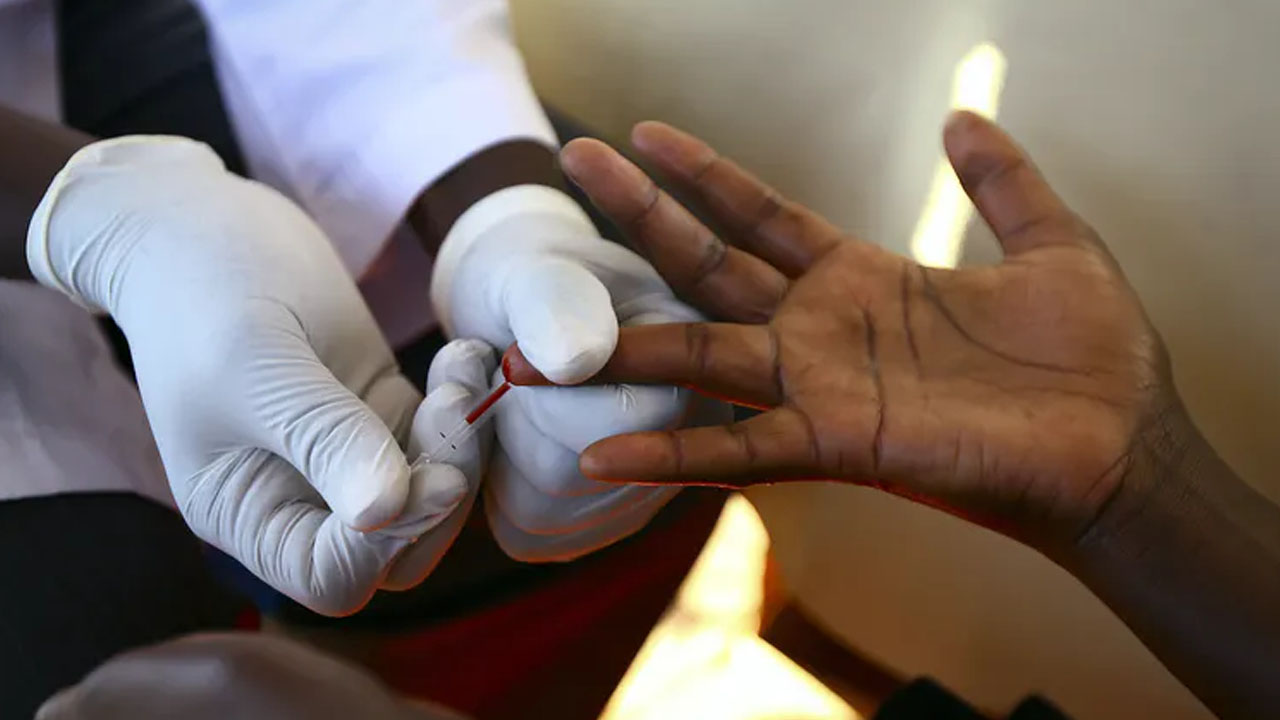Nkechi Onyedika-Ugoeze, Abuja
The Vaccine Network for Disease Control (VNDC) has said that the exit of the United States Agency for International Development (USAID) funding and diminishing donor supports have made Nigeria’s vaccine financing more vulnerable.
VNDC urged President Bola Tinubu to direct the Ministry of Budget and National Planning to establish a predictable and sustainable immunization financing framework for the country.
It also called on the National Assembly to include vaccine financing as a first-line charge in the yearly budget to ensure timely and predictable funding for immunization.
Chief Executive Officer of VNDC, Chika Offor, who made the call in Abuja, stated that the shrinking fiscal space and competing national priorities have threatened immunization programmes, warning that if the country fails to act swiftly, it risks reversing the progress made in 2024.
Offor noted that Nigeria remains one of the countries with the highest number of zero-dose children—those who have never received any routine vaccine- adding that these numbers represent real lives and futures at stake.
She said, “We cannot afford to let vaccine shortages put our children at risk. A sustainable vaccine financing strategy is essential to ensure predictable funding and timely vaccine supply. Vaccines have saved millions of lives and remain central to Nigeria’s health and development goals.
“In two decades, immunization efforts have eradicated the wild poliovirus, protected over 30 million children under five and achieved 71 per cent national HPV vaccination coverage, and protected over 12 million girls.
“We urge the government to include vaccine financing as a first-line charge in the national budget, ensuring timely disbursement and sustainability. Currently, vaccine funds are part of the Service-Wide Vote, making disbursement uncertain.
“Immunization is not just a health priority—it is a smart economic investment that saves lives and reduces healthcare costs. We urge state and local councils to allocate dedicated vaccine funding, ensure timely budget releases, and establish accountability mechanisms to ensure effective resource utilisation.”
Offor commended President Bola Tinubu for prioritising immunization, releasing the outstanding funds and allocating 25 per cent of the 2024 vaccine budget, adding that the 2025 budget’s allocation of N231.7 billion for immunization, malaria vaccination, and vaccine tracking is a significant milestone toward universal vaccine coverage.
“We commend President Bola Tinubu’s commitment to investing N1 trillion in strengthening Primary Healthcare Centres (PHCs). A well-equipped PHC system means better vaccine access, fewer zero-dose children, and improved health outcomes.
“The time to act is now. We must work together to ensure that no child is left behind. Every child, every eligible girl, and every community deserves access to life-saving vaccines. Let us invest wisely in immunization and protect our nation’s future.”
Also, the Chairman of the National Health Insurance Authority (NHIA), Sen. Ibrahim Oloriegbe, said that with the level of human resources and technology advancement, Nigeria ought to produce vaccines in-country.
He said, “It will make it cheaper for us, in addition to making it available. We need to invest in this, and I think we ought to start to do that, particularly the routine vaccines.”






